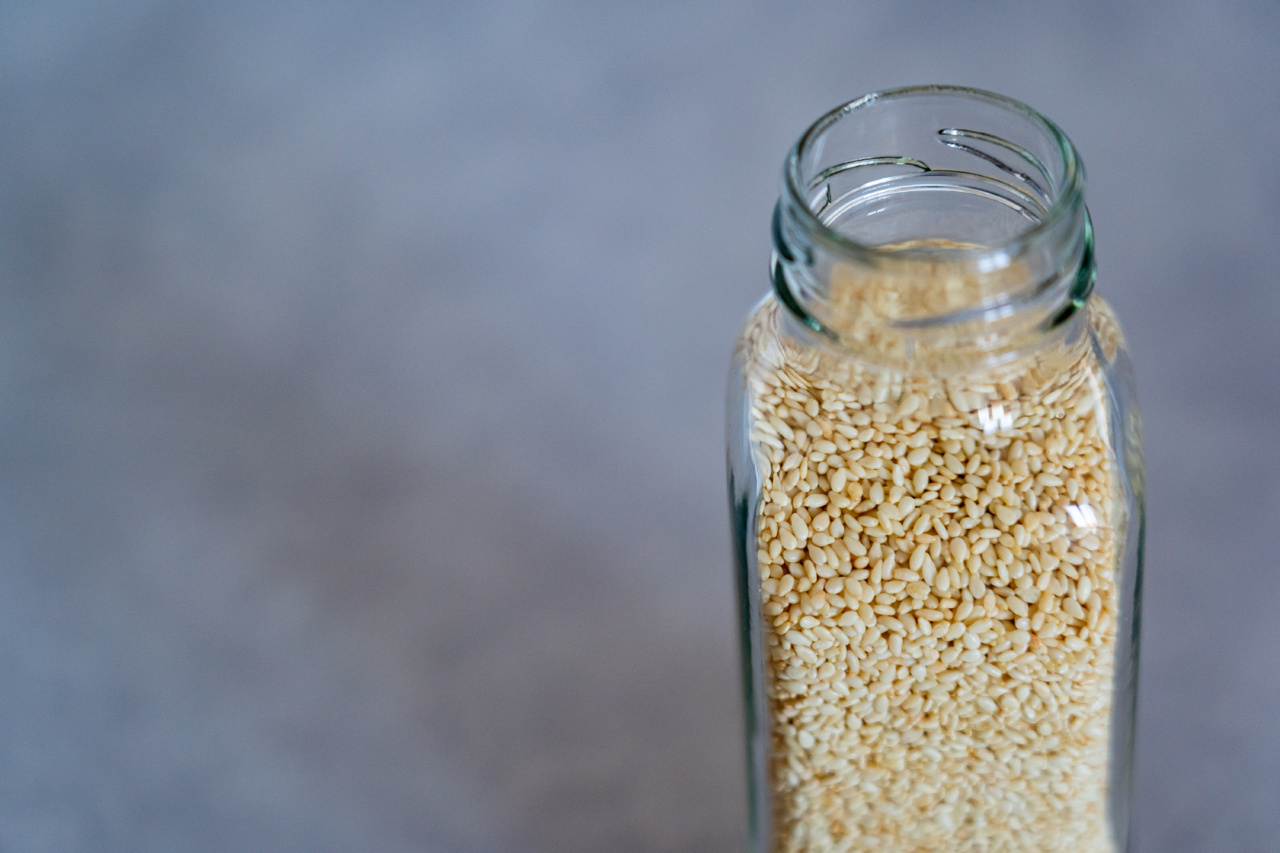Microwaving is a common method of cooking and reheating food. Many people use it because it is fast, convenient and easy. However, there have been concerns about the effects of microwaving on the nutritional value of healthy foods.
In this article, we will explore the effects of microwaving on the nutritional value of healthy foods.
Microwaving and Nutrient Loss
The microwaving process uses high-frequency electromagnetic waves to produce heat. This heat excites the molecules in the food, which causes them to vibrate and generate heat.
This process can cause some nutrients in the food to break down or leach out, resulting in a loss of nutritional value.
Studies have shown that microwaving can cause a loss of vitamin C, vitamin B12, and other nutrients in food. For example, one study found that broccoli lost 97% of its vitamin C content when it was microwaved for just one minute.
Another study found that microwaving fish caused a loss of 30% of its vitamin B12 content.
However, the extent of nutrient loss depends on several factors, such as the type of food being microwaved, the duration and power of the microwaving process, and the container used to hold the food.
For example, using a microwave-safe glass container can help prevent nutrient loss by reducing the risk of chemical leaching from plastic containers.
Microwaving and Antioxidant Activity
Antioxidants are compounds that help protect the body against cell damage and inflammation. Some studies suggest that microwaving can reduce the antioxidant activity of healthy foods, such as fruits and vegetables.
For example, one study found that microwaving blueberries caused a significant reduction in their antioxidant activity compared to fresh blueberries. Another study found that microwaving garlic caused a loss of up to 90% of its antioxidant activity.
However, other studies have found that microwaving can actually increase the antioxidant activity of some foods. For example, one study found that microwaving tomatoes for two minutes increased their lycopene content, which is a potent antioxidant.
Microwaving and the Glycemic Index
The glycemic index measures how quickly a food raises blood sugar levels. Foods with a high glycemic index can cause a rapid increase in blood sugar levels, which can lead to feelings of hunger and fatigue.
Some studies suggest that microwaving can increase the glycemic index of certain foods, such as potatoes and carrots.
For example, one study found that microwaving potatoes caused a significant increase in their glycemic index compared to boiled or baked potatoes.
However, other studies have found no significant difference in the glycemic index of microwaved versus conventionally cooked foods.
The exact effect of microwaving on the glycemic index may depend on several factors, such as the type of food being microwaved and the cooking duration and power.
Microwaving and Carcinogenic Compounds
When food is cooked at high temperatures, such as during microwaving, it can produce carcinogenic compounds, such as acrylamide and heterocyclic amines. These compounds have been linked to an increased risk of cancer.
However, the exact risk of carcinogenic compound formation during microwaving is not well established. Some studies suggest that microwaving can produce these compounds, while others suggest that it is a safe method of cooking.
The risk of carcinogenic compound formation may depend on several factors, such as the type of food being microwaved and the cooking duration and power.
Tips for Microwaving Healthy Foods
There are several tips that you can follow to help preserve the nutritional value of healthy foods when microwaving them:.
- Use a microwave-safe glass container to reduce the risk of chemical leaching from plastic containers.
- Spread food out evenly in the container to ensure more even cooking.
- Microwave food on a lower power setting to reduce the risk of nutrient loss and overcooking.
- Stop and stir food occasionally during the microwaving process to ensure more even cooking and prevent nutrient loss.
Conclusion
Microwaving is a convenient and fast method of cooking and reheating food. However, there have been concerns about the effects of microwaving on the nutritional value of healthy foods.
Studies have shown that microwaving can cause a loss of some nutrients and antioxidant activity, as well as an increase in the glycemic index and a risk of carcinogenic compound formation. However, the extent of these effects depends on several factors, such as the type of food being microwaved, the duration and power of the microwaving process, and the container used to hold the food.
By following certain tips, you can help preserve the nutritional value of healthy foods when microwaving them.





























